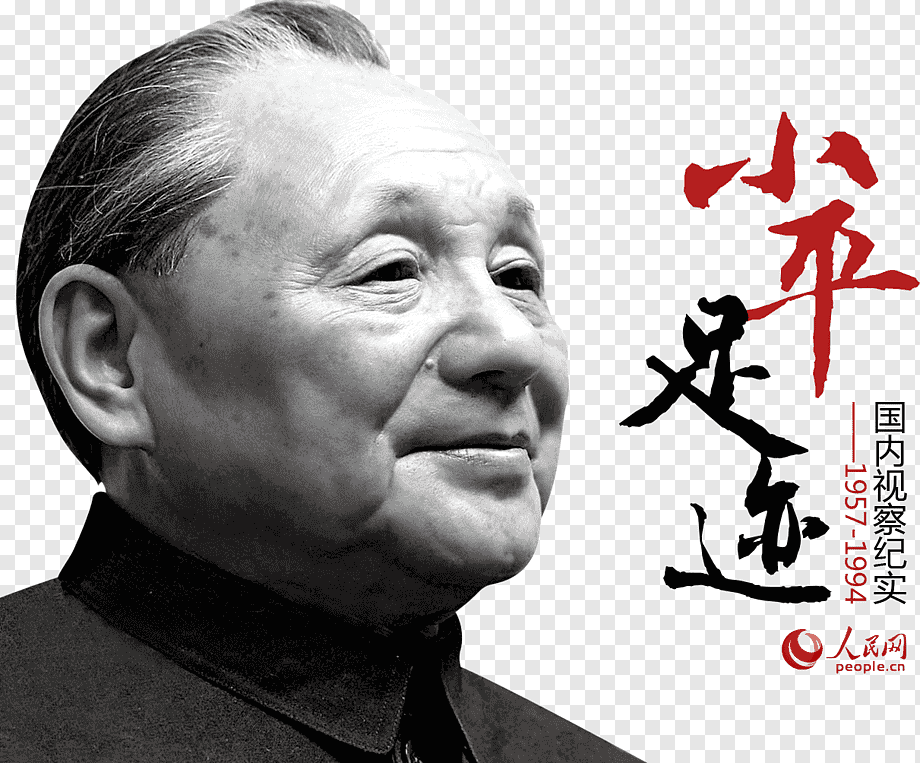
Read some theory, it kinda sounds like you’re basing this entirely off of YouTube videos you’ve seen (including your understanding of socialism)
Landlords increase rent to make up for it, what does georgism do? Landlords don’t exist as such in socialism, but how they do exist still isn’t really impacted by this shift.
Georgism is a misunderstanding of the causes of issues at the “tax affecting productivity” level. That’s not the cause of our problems.
The lack of massive investment of housing and zoning are, again, results of a problem not the problem itself. These issues don’t exist with good planning, and that’s why georgism is just irrelevant except as a bandage for some of the ills of capitalism temporarily





“indisputable democratic source of knowledge wikipedia (feel free to edit the page if you it can be improved):”
spoiler